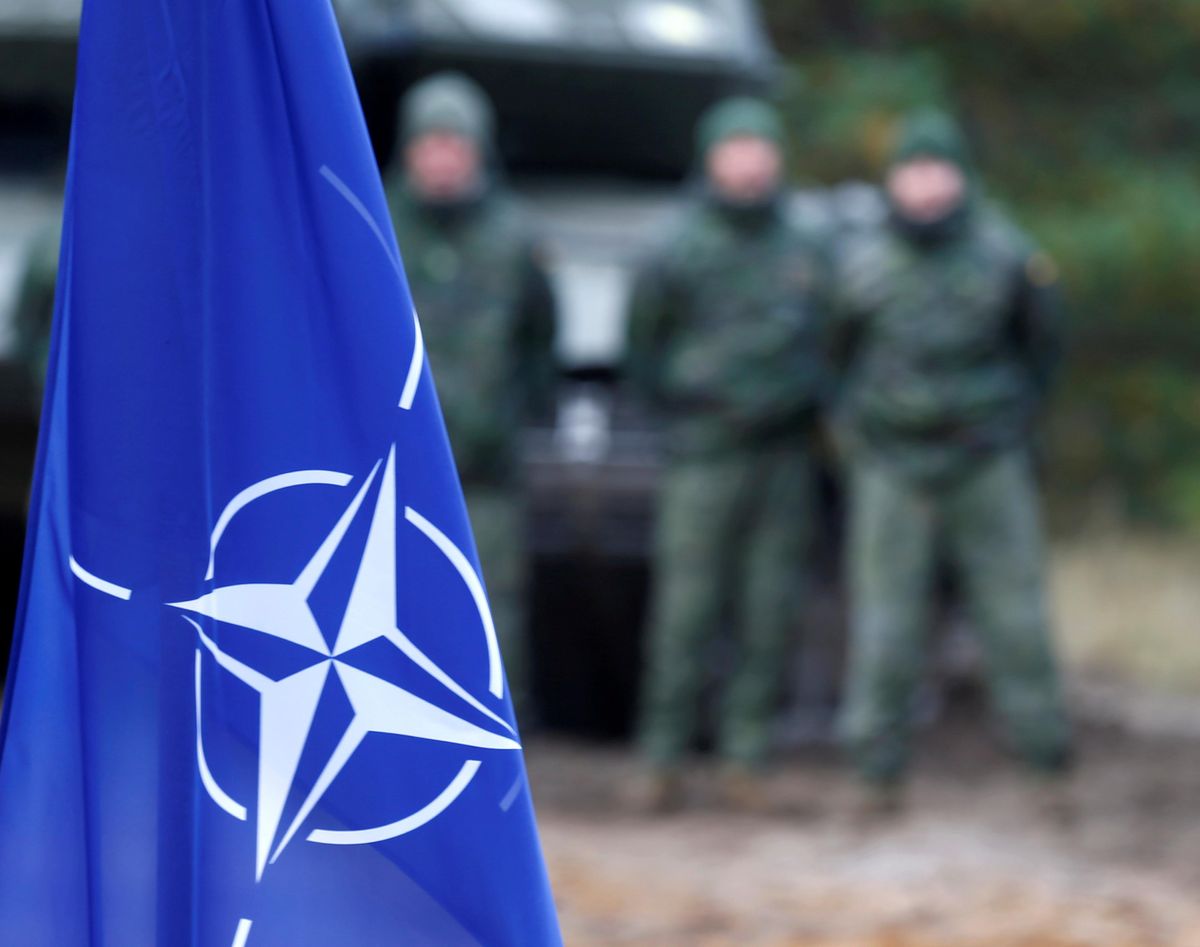NATO looks to deter Russia, but how? With Russia having massed more than 100,000 troops along the Ukrainian frontier, NATO says it’s looking to deter the Kremlin from launching a potential attack. But how? Though both the EU and US back Ukraine economically and militarily, the country isn’t a NATO member – and won’t be soon – so there’s no automatic defense treaty in place. And while NATO’s toolkit includes options from increased defense operations, to cyber attacks on Russian targets, to the threat of retaliatory strikes on Russian forces, it has to play the deterrence game carefully: any consequences that it threatens must be both serious enough to scare Russia and credible. After all, Vladimir Putin loves to call bluffs, and it would be a massive fail for the world’s most powerful military alliance to draw a red line only to watch the Kremlin prove that NATO forces won’t defend it. Lastly, a NATO miscalculation could accidentally provoke the wider conflict everyone wants to avoid.
Is Ethiopia’s civil war drawing in the neighbors? Ethiopia’s year-long conflict between the central government and the militants of the Tigray People’s Liberation Front threatened to widen this weekend, as neighboring Sudan accused Ethiopian forces of launching an attack along their common border that killed at least 20 Sudanese soldiers. Ethiopia’s government denied the claim and blamed the incident on the TPLF, which it says has received Sudanese backing. The attack occurred in Al-Fashaqa, a fertile farming region that has long been disputed between the two countries. Sudan reportedly moved its own troops into the area around the time that the Ethiopian conflict with the TPLF began. Sudan has already felt the humanitarian impact of Ethiopia’s civil war; it’s struggling to meet the needs of tens of thousands of Ethiopian refugees who have fled from both sides during the conflict. With Ethiopian Prime Minister Abiy Ahmed struggling and Sudan’s domestic politics also in flux, the risk of a miscalculation that broadens the conflict is real.
Indian politics loses its sense of humor. The ruling BJP party of Prime Minister Narendra Modi is now taking aim at what it sees as one of the great threats to India. Terrorists? Pakistani nuclear weapons? China? No. This may sound like a joke, but the party has actually started targeting comedians for lampooning the country’s politics and society. The BJP recently called for a police investigation of popular comedian Vir Das for a bit in which he said, during a routine in the United States, that India is a country “that worships women by day but gang rapes them by night.” The reference was to India’s objectively poor record of preventing and prosecuting gruesome sexual assault crimes against women. The government says it was defamatory. On a less serious note, over the past year, several other Indian comedians have been detained for poking fun at the BJP’s nationalist, conservative politics, and online mobs of BJP supporters often subject critics of the government to punishing abuse. A government that can’t take a joke is no laughing matter, especially in a democracy.





